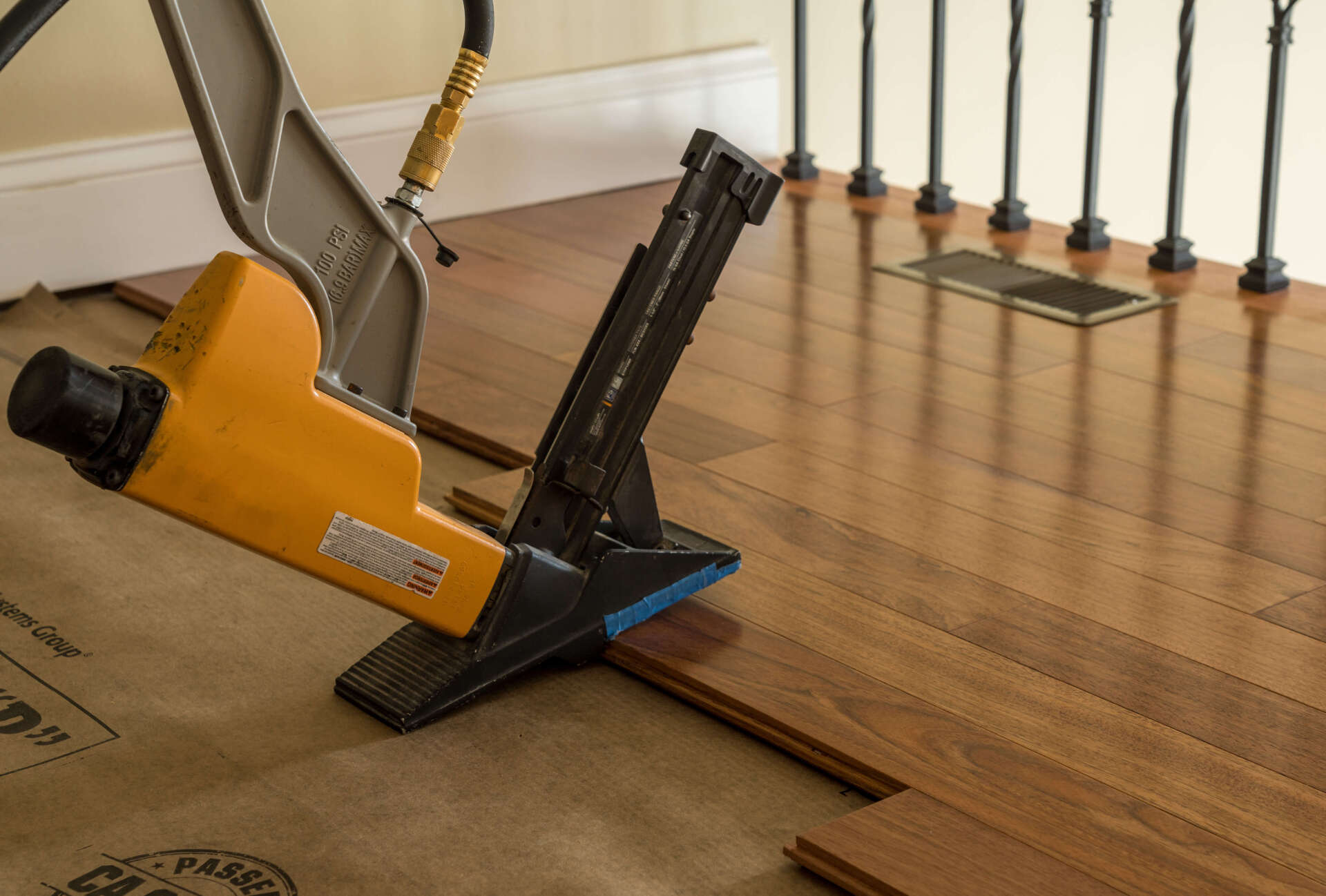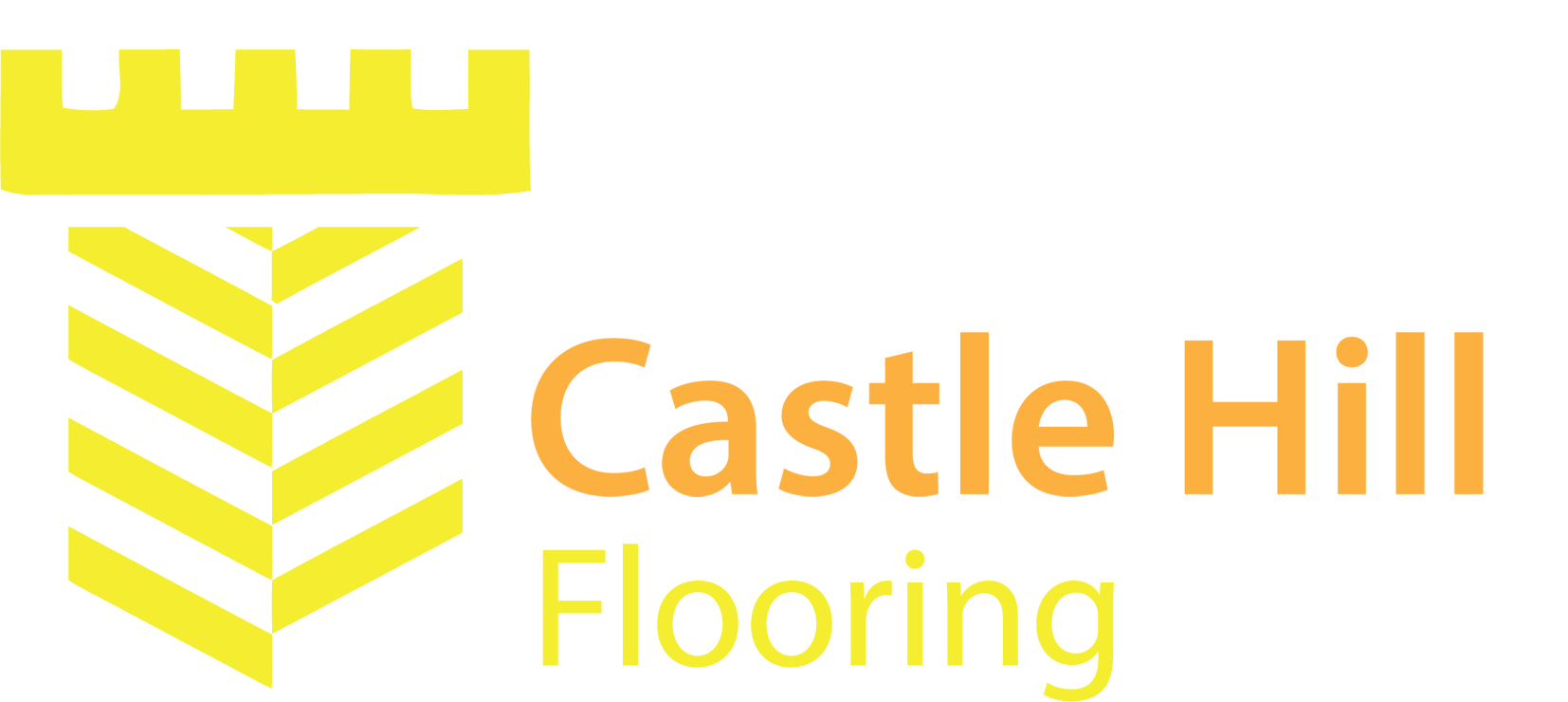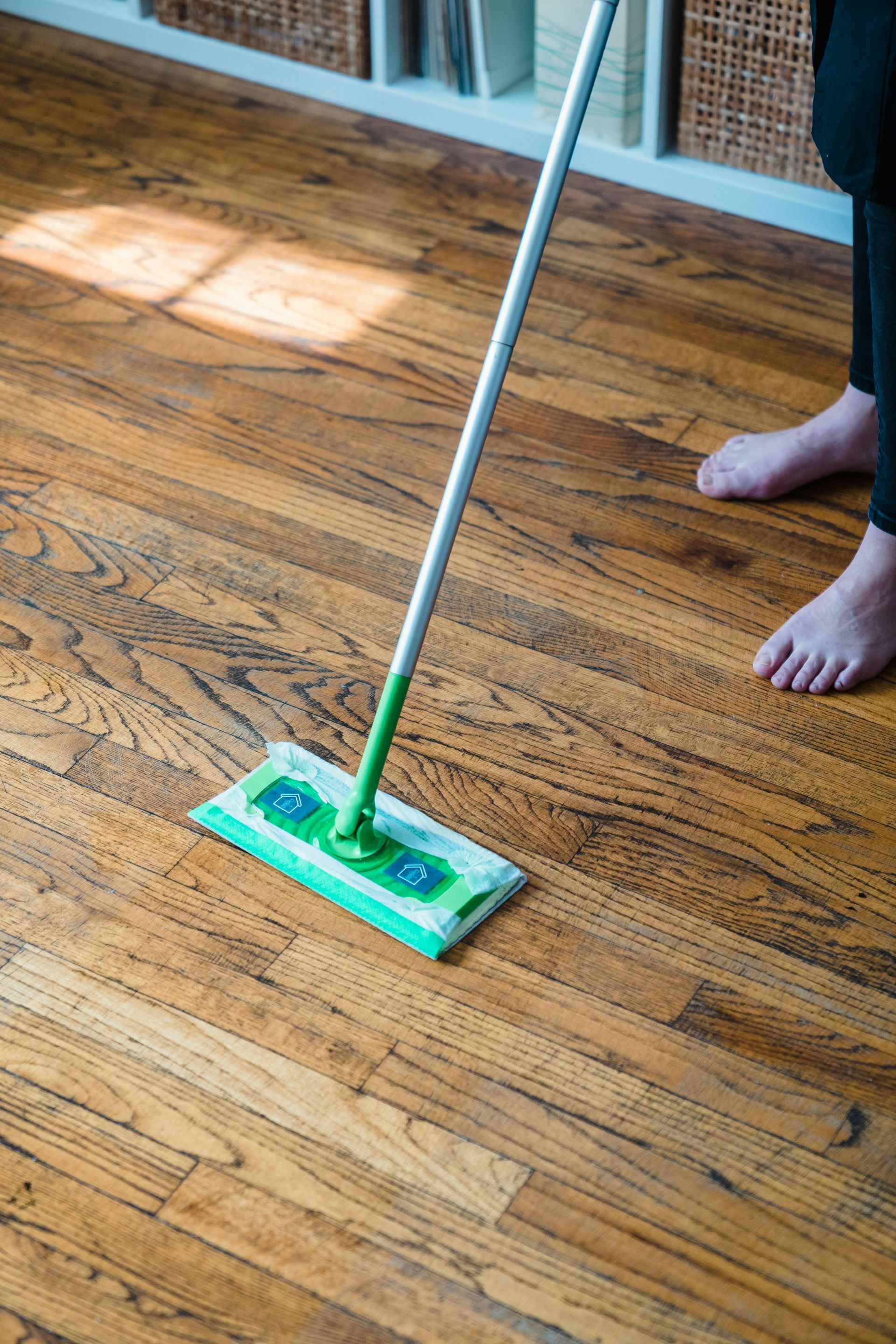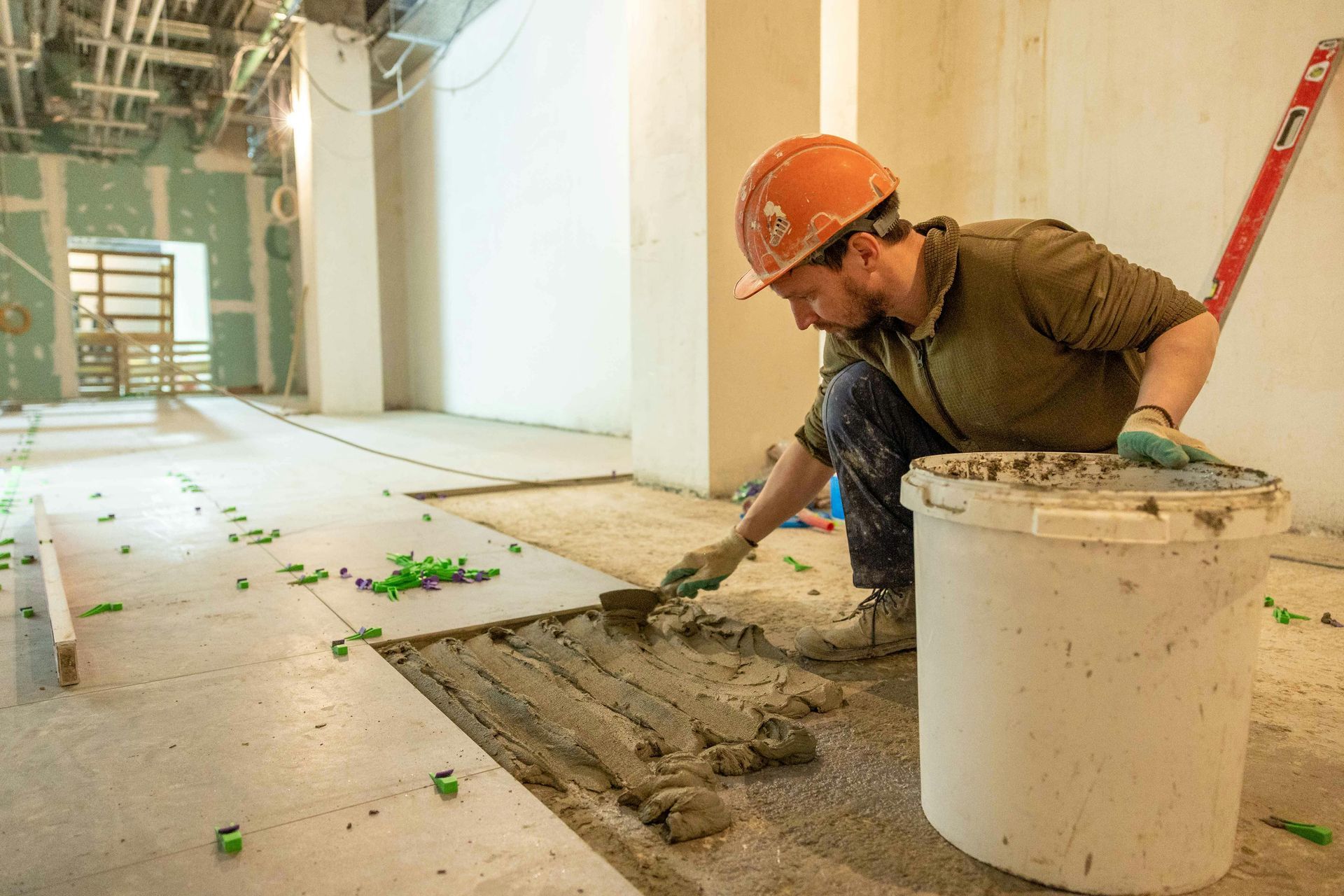Engineered Hardwood VS. Solid Hardwood Flooring
When it comes to choosing between engineered hardwood flooring solid hardwood flooring, it's essential to consider not only the aesthetic appeal but also the practical aspects that suit your lifestyle and space requirements. Solid timber flooring, crafted from a single piece of timber, boasts timeless beauty and durability, making it a popular choice for those seeking a traditional, luxurious look. However, its susceptibility to moisture and limited installation options may pose challenges in certain environments. On the other hand, engineered hardwood flooring offers versatility and stability with its plywood construction, making it suitable for areas where solid hardwood may not be practical, such as basements or over concrete slabs. Despite perceptions of inferiority, engineered hardwood provides cost-effective options without compromising on aesthetics or durability.
Ultimately, the choice between engineered timber flooring and solid timber flooring depends on factors such as the specific location of installation, budget constraints, and personal preferences regarding aesthetics and sustainability. By weighing the following pros and cons of each type, you can make an informed decision that enhances the overall look and feel of your home or commercial space for years to come.

Solid Hardwood Flooring
Pros:
1. Customization:
Hardwood flooring offers homeowners unparalleled versatility when it comes to tailoring their living spaces to match their evolving style preferences. One of the most significant advantages of solid timber floors is their ability to be sanded and refinished multiple times, providing endless opportunities for customization. Whether you're looking to refresh the look of your floors to complement a new interior design scheme or restore their original beauty after years of wear and tear, Hardwood floors offer a blank canvas that can be transformed to meet your exact specifications. From lightening the stain to enhance brightness and airiness in a room to deepening the color for a more dramatic effect, the options for customization are virtually limitless with solid hardwood flooring.
Moreover, the process of sanding and refinishing solid timber floors not only allows for aesthetic enhancements but also serves to prolong their lifespan and maintain their structural integrity. By removing surface imperfections, scratches, and stains, refinishing solid timber floors can breathe new life into tired or damaged surfaces, restoring them to their former glory and ensuring their continued beauty and functionality for years to come.
2. Timeless Beauty:
Solid hardwood flooring stands as a testament to the enduring allure of natural materials within interior design. Its rich grains, knots, and unique patterns evoke a sense of timelessness and authenticity, creating a warm and inviting atmosphere in any room. Whether your aesthetic leans towards rustic charm or contemporary elegance, solid hardwood offers a versatile canvas that complements a wide range of interior styles. The natural variations in color and texture add depth and character to your space, infusing it with a sense of luxury and sophistication that never goes out of style.
Moreover, solid hardwood floors have a remarkable ability to age gracefully, developing a rich patina over time that enhances its beauty and character. As the wood acquires scratches, dents, and other signs of wear, it tells the story of your home's history, becoming a cherished feature that adds to its charm and appeal. With proper care and maintenance, solid timber floors can retain their beauty for generations, making them a worthy investment that stands the test of time. Experience the luxury of solid hardwood flooring with Castle Hill Flooring and create a timeless aesthetic in your home.
3. Durability:
One of the defining characteristics of solid timber flooring is its exceptional durability and resilience. Crafted from a single piece of timber, solid timber floors are inherently sturdy and robust, capable of withstanding heavy foot traffic and everyday wear and tear without losing their structural integrity. Unlike other flooring materials that may deteriorate over time, solid hardwood maintains its strength and stability, making it an ideal choice for high-traffic areas such as living rooms, hallways, and entryways. Whether you're hosting gatherings with family and friends or simply going about your daily routines, solid timber flooring provides a reliable foundation that you can depend on for years to come.
4. Resale Value:
Solid hardwood floors are not only a timeless aesthetic choice but also a sound financial investment for homeowners. Properties featuring solid hardwood floors often command higher resale values in the real estate market, primarily due to their perceived quality, durability, and luxurious appeal. Potential buyers are drawn to the inherent elegance and sophistication of solid hardwood, recognizing it as a hallmark of craftsmanship and enduring style. Whether it's the rich patina of aged oak or the smooth finish of maple, solid wood floors add a touch of prestige to any home, making it more desirable to prospective buyers seeking premium amenities and lasting value.
Moreover, solid timber flooring offers you the flexibility to customize your living spaces to reflect their evolving tastes and preferences. With the ability to be sanded and refinished multiple times, solid timber floors provide endless opportunities for customization, allowing you to update the stain or finish to match changing interior design trends or personal aesthetics. Whether you prefer a classic, traditional look or a more contemporary vibe, solid hardwood can be tailored to suit your vision, ensuring that your home remains a reflection of your unique style and personality. This versatility not only enhances the overall appeal of your space but also adds to its resale value.
5. Natural Material:
In an age of mass-produced materials and synthetic imitations, solid timber flooring stands out as a testament to the beauty and authenticity of natural materials. Crafted from a single piece of timber, solid hardwood brings the warmth, texture, and character of wood into your space, creating a connection to nature that is both comforting and inspiring. Each plank tells a story, with its unique grains, knots, and imperfections adding depth and personality to your home's interior. Whether you prefer the rich hues of mahogany, the warm tones of cherry, or the rustic charm of reclaimed oak, solid wood floors offer a diverse array of options to suit your aesthetic preferences and design aspirations. Beyond its visual appeal, solid hardwood flooring also boasts environmental benefits, as it is sourced from sustainable forests and contributes to a healthier indoor environment by reducing the accumulation of dust, allergens, and other pollutants.
Cons
1. Susceptible to Moisture:
Despite its many benefits, solid hardwood flooring is susceptible to the effects of moisture and humidity, which can have detrimental impacts on its appearance and structural integrity. Natural wood floor is a naturally porous material, meaning it can absorb moisture from the surrounding environment, leading to expansion, contraction, and other forms of damage over time. In regions with high humidity levels or in areas prone to spills and moisture exposure, solid hardwood floors are at risk of warping, cupping, or buckling, causing unsightly gaps or uneven surfaces. Additionally, prolonged exposure to moisture can promote the growth of mold and mildew, posing potential health hazards and requiring costly repairs or replacements. To mitigate these risks, it's essential to maintain consistent indoor humidity levels and promptly address any spills or water damage to protect the beauty and longevity of floor.
Moreover, the susceptibility of solid timber flooring to moisture also limits its suitability for certain installation environments and applications. Unlike engineered wood flooring, which features enhanced moisture resistance and stability, solid timber floors cannot be installed directly over concrete slabs or below-grade areas without the risk of damage. This limitation restricts the versatility of solid wood floorings, making it less suitable for basements, bathrooms, and other moisture-prone spaces where moisture control is essential.
2. Limited Installation Options:
While solid hardwood flooring offers unparalleled beauty and durability, its installation options are relatively limited compared to engineered wood alternatives. Unlike engineered floors, which can be installed over a variety of subfloor materials, including concrete slabs and below-grade areas, solid timber floors require a stable, moisture-free substrate for proper installation. This restriction significantly narrows the scope of potential installation environments for solid timber flooring, limiting its versatility and applicability in modern construction projects. Additionally, the inability to install solid wood floors directly over concrete slabs or below-grade areas may necessitate additional subfloor preparations or structural modifications, adding complexity and cost to the installation process.
Furthermore, the limited installation options of solid wood flooring may pose challenges for homeowners seeking to update or renovate their spaces with hardwood flooring. In instances where existing subfloor conditions do not meet the requirements for solid wood installation, homeowners may need to explore alternative solutions or compromise on their flooring choices. This can be particularly problematic in retrofit or remodeling projects where budget and time constraints are factors. By understanding the limitations of solid timber flooring in terms of installation options, homeowners can make informed decisions about whether it is the right choice for their specific needs and circumstances. While solid timber floors offer undeniable beauty and elegance, it's essential to consider the practical considerations and potential challenges associated with installation to ensure a successful and lasting outcome.
3. Higher Cost:
While solid timber flooring offers unmatched beauty, durability, and longevity, it often comes with a higher upfront cost compared to engineered wood alternatives. The production process for solid hardwood involves harvesting and milling large timber logs, which contributes to higher material costs. Additionally, a solid timber flooring typically requires skilled labor for installation, as it must be carefully nailed or stapled to the subfloor, further increasing the overall project cost. Homeowners considering solid hardwood flooring should budget accordingly to accommodate these higher upfront expenses, especially if they are covering large areas or multiple rooms.
Moreover, the higher cost of solid hardwood flooring extends beyond the initial purchase and installation phase. While this floor type can last for decades with proper care and maintenance, they may require periodic refinishing to restore their appearance and extend their lifespan. Refinishing solid timber floors involves sanding down the surface to remove scratches, dents, and imperfections before applying a new stain or finish. This process can incur additional expenses in terms of labor and materials, further adding to the long-term cost of ownership. Despite these considerations, many homeowners view the investment in solid wood flooring as a worthwhile one, given its timeless appeal, durability, and potential to increase the value of their property over time.
Engineered Hardwood Flooring
Pros:
1. Versatility:
Engineered wood flooring stands out for its remarkable versatility in installation, offering solutions for spaces where solid hardwood may not be suitable. Its unique construction, featuring multiple layers of wood bonded together, provides inherent stability and resistance to moisture, making it ideal for environments like basements or over concrete slabs where traditional solid hardwood would be prone to warping or damage. Additionally, engineered hardwood can be installed using various methods, including glue-down, nail-down, or floating floor installations, allowing for greater flexibility and adaptability to different subfloor conditions and construction requirements. This versatility extends to both residential and commercial applications, providing designers and homeowners with a practical and durable flooring solution that meets their specific needs and design preferences.
Furthermore, the versatility of an engineered wood floor extends beyond its installation capabilities to its aesthetic appeal and design versatility. Engineered timber floors are available in a wide range of finishes, colors, and styles, allowing for endless customization possibilities to match any décor scheme or architectural style. Whether you prefer the timeless elegance of oak, the warmth of maple, or the exotic allure of bamboo, there is an engineered hardwood option to suit every taste and design vision. With innovative manufacturing techniques and advanced printing technologies, engineered timber floors can accurately replicate the look and feel of traditional solid hardwood, offering the same luxurious appearance and texture at a fraction of the cost. This versatility makes engineered wood flooring a popular choice among homeowners, designers, and builders seeking a durable, cost-effective, and aesthetically pleasing flooring solution for their projects.
2. Stability:
Engineered flooring stands out for its exceptional stability and resistance to moisture and temperature fluctuations, making it a reliable and durable flooring option for a wide range of environments. Unlike solid hardwood, which consists of a single piece of timber, engineered timber is constructed from multiple layers of wood veneers bonded together with adhesives and heat. This layered construction provides inherent stability and dimensional strength, minimizing the risk of warping, cupping, or buckling commonly associated with solid timber floors. Additionally, engineered hardwood's cross-grain configuration enhances its resistance to expansion and contraction caused by changes in humidity and temperature, ensuring a stable and uniform surface that maintains its integrity over time.
Furthermore, the stability of engineered flooring makes it an ideal choice for installation in areas with fluctuating environmental conditions, such as basements, kitchens, and bathrooms. Its resistance to moisture and humidity reduces the risk of damage from spills, leaks, or moisture infiltration, providing homeowners with peace of mind and long-lasting performance. Additionally, engineered hardwood's dimensional stability allows for wider planks and longer lengths, enhancing the visual impact of the flooring and creating a seamless and cohesive look throughout the space. Whether you're renovating your home or designing a commercial space, engineered hardwood flooring offers unmatched stability and durability, ensuring years of beauty and functionality in any environment.
3. Cost-Effectiveness:
Engineered hardwood flooring offers a cost-effective alternative to traditional solid wood flooring without compromising on aesthetics, durability, or quality. While solid hardwood flooring can be expensive due to the high cost of materials and labor-intensive installation methods, engineered timber floors are often more affordable upfront, making it an attractive option for budget-conscious homeowners and builders. Engineered timber is manufactured using a combination of hardwood veneers and plywood or high-density fiberboard (HDF) core layers, which are bonded together using advanced adhesives and pressure techniques. This construction method allows for greater efficiency in material usage, resulting in lower production costs.
Furthermore, the cost-effectiveness of engineered hardwood flooring extends beyond its initial purchase price to its long-term durability and maintenance requirements. Engineered wood floors are designed to withstand the rigors of daily wear and tear, making them highly durable and resistant to scratches, dents, and stains. Additionally, engineered timber can be sanded and refinished multiple times, just like solid timber flooring, allowing for easy restoration and rejuvenation of the surface without the need for costly replacements. With proper care and maintenance, engineered hardwood flooring can maintain its beauty and performance for many years, making it a smart investment for homeowners seeking quality flooring at an affordable price.
4. Wide Range of Finishes:
Engineered timber floors offer homeowners a wide range of finishes, colors, and styles to suit their design preferences and aesthetic tastes. From traditional hardwood species like oak, maple, and cherry to exotic options such as acacia, teak, and walnut, there is an engineered hardwood flooring option to complement any interior décor scheme or architectural style. Engineered timber flooring is available in a variety of finishes, including matte, satin, and glossy, as well as textured surfaces like hand-scraped or wire-brushed, allowing for greater customization and personalization. Whether you prefer a rustic, distressed look or a sleek, modern appearance, there is an engineered timber finish to match your desired aesthetic vision.
Furthermore, the wide range of finishes available for engineered wood floors allows homeowners to create unique and distinctive spaces that reflect their individual personalities and lifestyles. Whether you're renovating a historic home or designing a contemporary loft, engineered hardwood flooring offers endless possibilities for creating a cohesive and stylish interior environment. With advanced manufacturing techniques and innovative design options, engineered timber flooring can replicate the natural beauty and warmth of solid hardwood while offering enhanced durability and versatility. Whether you're looking to add warmth and character to a living room, bedroom, or office space, engineered hardwood flooring provides a durable and aesthetically pleasing flooring solution that will stand the test of time. Take advantage of the wide range of finishes and styles available at Castle Hill Flooring to customize your engineered hardwood flooring.
5. Environmentally Friendly:
Engineered hardwood flooring stands out as an environmentally friendly flooring option due to its sustainable materials and manufacturing processes. Many engineered wood products are made from responsibly sourced hardwood veneers and composite core materials, such as plywood or HDF, which are manufactured using recycled wood fibers or sustainable forestry practices. Additionally, engineered wood flooring requires less raw material than solid wood flooring, as it utilizes thin veneer layers bonded to a supportive core, resulting in reduced waste and resource consumption. By choosing engineered hardwood flooring, homeowners can reduce their environmental footprint and contribute to a more sustainable future.
Furthermore, some engineered wood floors manufacturers prioritize eco-conscious production methods and use low-emission adhesives and finishes that minimize off-gassing and indoor air pollution. Engineered timber flooring is also designed to be durable and long-lasting, reducing the need for frequent replacements and minimizing waste generation over time. Additionally, engineered hardwood flooring can be recycled or repurposed at the end of its lifecycle, further reducing its environmental impact. Whether you're building a new home or renovating an existing space, choosing engineered hardwood flooring allows you to enjoy the natural beauty of wood while supporting environmentally responsible practices. By opting for sustainable flooring solutions, homeowners can create healthier indoor environments and contribute to a more sustainable future for generations to come. Discover the versatility and durability of engineered hardwood flooring at Castle Hill Flooring and transform your home with style.
Cons
1. Limited Refinishing:
Engineered hardwood flooring presents a notable limitation in its ability to be refinished due to its thinner hardwood veneer layer. Unlike solid hardwood, which typically features a thick layer of solid wood throughout, engineered timber consists of a thin layer of hardwood veneer bonded to layers of plywood or fiberboard. This thin veneer limits the number of times the flooring can be sanded and refinished before reaching the underlying core layers. While solid hardwood floors can undergo multiple refinishing cycles over their lifespan to address wear and tear and restore their appearance, engineered wood flooring may have a more restricted capacity for refinishing. Homeowners considering engineered hardwood flooring should be mindful of this limitation and plan accordingly to ensure that their flooring investment continues to meet their long-term maintenance needs and aesthetic preferences.
Furthermore, the limited refinishing potential of engineered hardwood flooring underscores the importance of proper care and maintenance to preserve its appearance and longevity. While engineered timber flooring offer durability and resilience, they may require more frequent replacement or repair compared to solid timber floors. Homeowners should consult with flooring professionals to assess the condition of their engineered hardwood flooring and determine the most suitable refinishing options to achieve desired results without compromising its structural integrity.
2. Perception:
Despite significant advancements in technology and manufacturing processes, there persists a perception among some consumers that engineered hardwood is inferior to solid hardwood. This perception may stem from misconceptions about the quality, durability, and value of engineered wood flooring compared to traditional solid wood flooring. While engineered hardwood offers numerous benefits, including increased stability, versatility, and affordability, some consumers may still equate solid hardwood with higher quality and prestige. However, it's important to recognize that engineered hardwood flooring has evolved considerably in recent years, with improvements in construction methods, finishes, and design options.
Moreover, the perception of engineered hardwood as inferior to solid hardwood may also be influenced by aesthetic preferences and design trends. While solid timber flooring boasts a timeless appeal and natural authenticity, engineered timber flooring offers greater design versatility and adaptability to modern lifestyles and interior design aesthetics. With a wide range of finishes, colors, and styles to choose from, engineered hardwood flooring can complement a variety of décor schemes and architectural styles, making it a popular choice among homeowners, designers, and builders alike. By understanding the benefits and advantages of engineered hardwood flooring, consumers can make informed decisions based on their specific needs and preferences, rather than relying solely on outdated perceptions or misconceptions.
3. Potential for Damage:
Engineered wood flooring, while more resistant to moisture than solid hardwood, still faces the potential for damage from excessive water exposure. While engineered hardwood is designed to withstand fluctuations in humidity and temperature, prolonged exposure to moisture can lead to warping, buckling, or delamination of the veneer layers. Common sources of water damage include spills, leaks, and flooding, which can penetrate the surface of the flooring and compromise its structural integrity. Additionally, improper installation or inadequate subfloor preparation can exacerbate the risk of moisture-related issues, leading to costly repairs or replacements.
Furthermore, the potential for damage from excessive water exposure highlights the importance of proper maintenance and care for engineered wood flooring. Homeowners should promptly clean up spills and moisture to prevent water from seeping into the flooring and causing damage. Using area rugs or mats in high-traffic areas and placing protective pads under furniture can help minimize the risk of scratches and dents that can compromise the surface of the flooring. By taking proactive measures to protect and maintain their engineered hardwood flooring, homeowners can prolong its lifespan and ensure years of beauty and performance in their homes. Trust Castle Hill Flooring for expert installation services and personalized solutions to meet your flooring needs.
Conclusion
When weighing the pros and cons of engineered hardwood versus solid hardwood flooring, it's essential to consider the unique characteristics and factors that align with your individual needs and preferences. Ultimately, the choice between engineered hardwood and solid wood flooring should be guided by your specific needs, budget, and preferences. Whether you prioritize the timeless beauty of solid hardwood or the versatility and durability of engineered hardwood, investing in high-quality flooring will enhance the aesthetic appeal and value of your space for years to come. By carefully weighing the pros and cons of each option and consulting with flooring professionals, you can make an informed decision that meets your unique requirements and ensures long-lasting satisfaction with your flooring investment.
Moreover, when considering your options, consult with a reputable flooring professional to ensure you make the best choice for your unique requirements. With the right guidance, you can enjoy the beauty and functionality of hardwood flooring tailored to your lifestyle and design preferences.
Remember, whichever option you choose, both solid hardwood and engineered hardwood flooring bring the natural warmth and beauty of wood into your home or commercial space, creating a welcoming and inviting atmosphere for years to come.
About Castle Hill Flooring
Nestled in the heart of Castle Hill, New South Wales, Australia, Castle Hill Flooring stands as a beacon of excellence in the timber flooring industry. With deep roots in the community and a reputation built on years of dedicated service, we have earned the trust of homeowners and businesses alike. Specializing in the meticulous sanding and polishing of hardwood flooring, our skilled team is committed to delivering superior workmanship and exceptional customer service with every project we undertake. Our unwavering dedication to excellence has garnered a loyal clientele, who rely on us to bring their flooring visions to life.
At Castle Hill Flooring, we understand that every space has its own unique personality and requirements. Whether it's enhancing the charm of a residential property, adding sophistication to a commercial space, or contributing to a renovation project, we approach each endeavor with precision and care. Beyond our core services, we pride ourselves on staying ahead of industry trends and technologies to offer innovative solutions tailored to the specific needs of our clients. Your satisfaction is paramount to us, and we are committed to elevating both the aesthetic and functional aspects of your space through our expertise in hardwood flooring. When you choose Castle Hill Flooring, you're choosing quality, reliability, and a commitment to excellence that transcends expectations.
Categories
Timber Flooring



